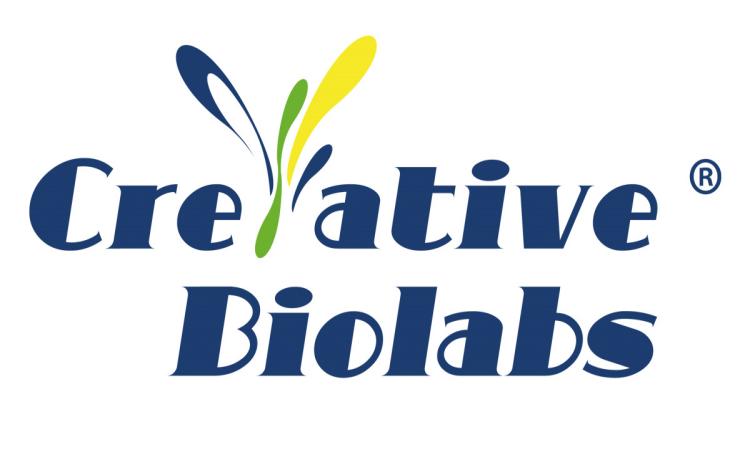
Rheumatoid arthritis (RA) is a chronic systemic autoimmune disease that is marked by synovial inflammation, joint destruction, and systemic complication. Aside from causing great physical distress, RA also significantly adds to the socioeconomic burden posed on society. Because of the complex nature of its pathogenesis and the lack of specific symptoms in the initial stages of the disease, early diagnosis and intervention are very important to prevent severe disease progression.
The diagnosis of RA typically relies on a comprehensive assessment of clinical manifestations, imaging techniques, and laboratory tests. Imaging techniques such as X-ray, magnetic resonance imaging (MRI), and ultrasound help assess joint damage. However, since early-stage RA may lack typical imaging features, relying solely on imaging is insufficient for precise early diagnosis. Therefore, the detection of serological biomarkers plays a crucial role in aiding RA diagnosis.
Most Specific Biomarkers for RA
To meet the diagnostic needs of RA, Creative Biolabs is dedicated to developing immunoassay solutions that cover both traditional and novel RA biomarkers, assisting in early diagnosis and precise classification.
Traditionally, diagnostic methods for RA rely mainly on rheumatoid factor (RF) and anti-cyclic citrullinated peptide (anti-CCP) antibodies. However, some RA patients may test negative for both RF and anti-CCP. This indicates that there is a significant gap in the accuracy of existing diagnostic practices.
In addition, Creative Biolabs is actively working on new biomarkers for RA, such as:
* 14-3-3 Eta Protein: A candidate biomarker for early detection and monitoring of the disease due to its remarkable abundance in the serum and synovial fluid of RA patients.
* PAD4 (Peptidyl Arginine Deiminase 4): An enzyme associated with citrullination, critical in RA pathogenesis by promoting autoimmune responses.
* Ultra-High-Sensitive RA Biomarkers (RA 1, RA 9, RA 14, RA 21): Newly identified RA-related molecules that may be linked to disease activity and severity.
Considering the complexity of RA diagnosis, the development of highly specific and sensitive in vitro diagnostic (IVD) immunoassays is critical for improving early detection. Creative Biolabs operates as a professional service provider in IVD immunoassay development, and as such, the company has gained a wealth of experience in antibody engineering, immunoassay development, and assay kit design.
"Reliable detection methods will improve diagnostic accuracy and drive progress in autoimmune disease research and treatment," said a biomarker research expert at Creative Biolabs.
Creative Biolabs
Website: https://www.creative-biolabs.com/drug-discovery/diagnostics/